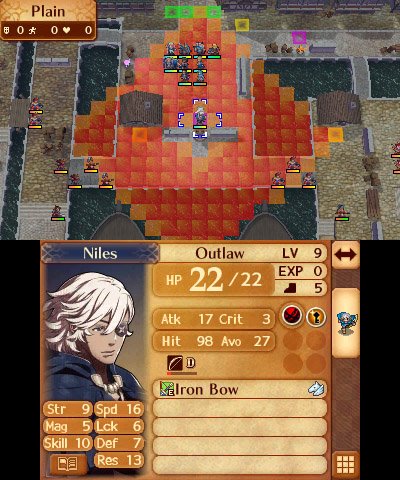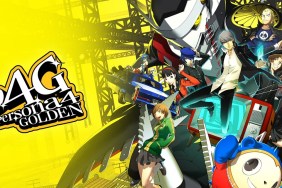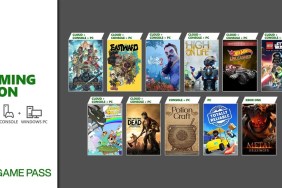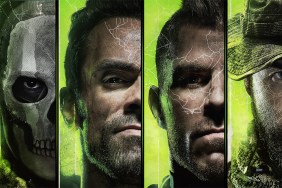50 Shades of Fire (Emblem).
In foggy San Francisco, I sat in a small, crowded room of game writers and journalists as the new Fire Emblem Fates trailer rolled out. Yes, Nintendo was showing off multiple RPGs like Final Fantasy Explorers and Mario & Luigi: Paper Jam, and while I admit I was psyched to put time into the original Pokémon titles again (which I remember very, very fondly from eighth-grade), the new Fire Emblem Fates games were definitely the biggest guns to break out. And both were playable in specific story sections, which helped the “kid at Christmas” feeling in my belly.
There are two versions to be released at the same time, Birthright and Conquest, each taking one side of the protagonist's big decision. That being, which family will you choose to fight alongside: their adoptive family (in Conquest) or their blood relations (in Birthright)? Each presents a unique cast of characters to control, each with different abilities, but it’s necessary to point out that there is some carryover between the games in setting up that decision—each version will follow their specific arc but start out (before the decision is “made”) with the exact same story, gameplay, and structure. But neither of them individually tell the complete tale—that’s for the third and concluding incarnation, Revelation, which is due out in March and will be available as a similarly-designed download. Now that's how to build a multi-game, people!
Born into an influential family, then adopted later into another, protagonist Corrin is torn between the two family options. Chapters 1-5 of the story are him discovering his abilities and building the relationships, then in chapter 6 everything comes to a head (and splits the games). What makes him such a catch for either side is his innate ability to fight, and even turn into a dragon within battle to do additional damage to any opponents. With his capabilities he’s easily the biggest asset on the battlefield, so either side that courts him can have a massive leg up on their specific cause. He’s not the only one who can transform into a beat in the fight—another on display was a fox fella who transformed into a full fox (but kept his fox ears when he changed back)—but Corrin is definitely the most dangerous in one-on-one combat. You’ll just have to be worried about opponents pairing together to approach and do more damage at once as the cost of the other character’s turn.
There aren’t many other story elements made clear, but like the Legend of Zelda: Oracles series, the two games play out in their unique style. For example, Conquest is a more hardcore experience with a limited number of units available for development—designed more to defend their own territory, then convert foes (when not dead) to join them in defeat. The mission I got my hands on, Chapter 10, was a defense mission against the Birthright side’s rushing the home castle, with the goal to survive 11 turns of attack and defense while controlling a very limited number of allies. It was classic Fire Emblem with the focus on maintaining a perimeter and barricading your friends in as fully as possible.
Contrast that with Chapter 13 in Birthright, where a larger (though largely less powerful) squad defending their village, but rushing the castle and the former adoptive family of Corrin. There wasn’t a time or turn limit, and the need to break down every baddie on the map allowed for map exploration and more freedom in testing skills to see what works and what doesn’t. From what I’ve been informed about it’s more classic Fire Emblem overall, with the ability to recruit new allies to charge into battle and more classes to choose from.
The difficulty difference was on full display; each of those battles took me at least a half-hour to work through, and Birthright was obviously the easier of the two to work through. It wasn’t just that I had more units on the field, but that the enemy’s units were spread out, and I could really take my time with my approach. As someone forged in strategy games through the Disgaea method, I tried to take full care that nobody died in the process this time, and it was possible to do so when I could focus my attacks on individual baddies or small groups. That wasn’t the case in Conquest—that was a slaughter.
The goal to survive that many turns whittled away at my defenses, and after so long—and on my opponent's eleventh turn, immediately following my own—all of that work was for naught. In fact, only a couple players managed to finish that damn level. Not that I’m bitter or anything… though when I played I had gotten literally as possible as could be done to finishing those bastards. I’m sure I’ll go get ‘em next time (after the swearing has calmed down). And I won’t even lose so many of my fighters, which were in short supply to begin with. (My nerd rage turned on, I admit.)
On the battlefield itself, depending on where you are, certain spaces can either be good for heading into a new chapter or dealing damage to your foes directly. From the Birthright map, set in a village, some of the houses would allow players to top in and actually talk to the occupants (which would usually lead to a line of support and a little spending cash). It didn’t help during the battle at hand, but it would come in handy between chapters. Whereas during the defense mission of Conquest, weapons on the battlefield like the ballista can be used by some characters, dealing out either specific amount of damage or an elemental attack from a distance. The ballista specifically brought any opponent to a single hit point, but you still had to attack them the next turn to finish them off. That was a major help once I found the right operator of a given tool… though reinforcements came and wiped me anyway. Again, I’m not bitter, I’ll just keep grinding my teeth.
After you’ve worked your way through one story, the big news is the ability to download the other story as DLC instead of having to purchase the entire game over again. Still, the best option is pretty much to save around Chapter 5—before the choice of which path to take—because you can play directly off your previous save. Might as well start with the work you’ve already put in and enjoy the full story that way, right? It’s cheaper than the price of a new version—the expected price of the DLC version is $19.99 as opposed to the full forty bucks for another retail copy—and it saves the hours of playing through the first chapters again. It’s actually a really smart way of allowing the story to take precedent, now that we’re past that awkward stage where every two-game setup isn’t a “pick one and you’re stuck with it” situation like the first Pokémon, or the games that didn’t need it (*cough* *cough* BombermanonGameBoy *cough*).
There’s also a set of DLC maps available for purchase, either as a bulk one-time purchase or individually. Those maps open possibilities for multiplayer fun, either local or online, designed like the battles of a chapter in the main story, aka bring your whole squad in to break down your friends. I don’t know if the multiplayer will also include matchmaking, hopefully so, but you should have no trouble connecting to a pre-found friend. It’s fully-fledged battling, not some minor StreetPass-enabled “fight” to check in and find you’ve fought. But that’s not the only multiplayer function, not by a long shot.
Every game has a “My Castle” feature that they can build and design to their own liking, building armories and arenas. The more you accomplish in the game, the more you can build and discover in your castle using accumulated DVP (Dragon Vein Points), and when you take time to visit someone else with the opposing version of the game, you can purchase version-specific weaponry and items. You can also find collectable items throughout their castle that you can use to unlock new items in your own game. There’s also some sort of tower defense mini-game using the “My Castle” space, which wasn’t only display but sounded very much to me like a “ground forces” form of the classic Rampart. You can storm the castle, you can shop in the castle, or you just browse around looking for fish and daikon radishes—those are all possibilities.
And just as a topper on the Emblem’s cake, there are some amiibo capabilities. Not many, as only Fire Emblem-specific amiibo can be used to unlock upgrades and, when used a certain number of times (you can’t just use them over and over again for added stuff), you will actually be able to challenge that character. Once they’ve been defeated, you can recruit them to your squad. That's a way to utilize that amiibo, folks!
Whether you’re planning to play through on “Casual” mode which brings characters back at the beginning of the next chapter, or you’re really wimping out and playing “Phoenix” mode which brings a character back on the next turn, or you’re ready to risk it and having any fallen foes stay dead and keep it real, the fact that there’s just so much to these upcoming Fire Emblem games should get any fans of the franchise pumped and ready to go… if you weren’t already, which I’m sure you are.
So, just a reminder for you: Fire Emblem Fates: Birthright and Conquest are set for release on February 19th, only less than a month left, with Revelation coming on March 10th. Hot damn, there’s a lot of stuff in there… I’m starting to wonder if MissingNo was snuck in there somewhere. I really hope so.
fire-emblem-working-title
-
fire-emblem-working-title #1
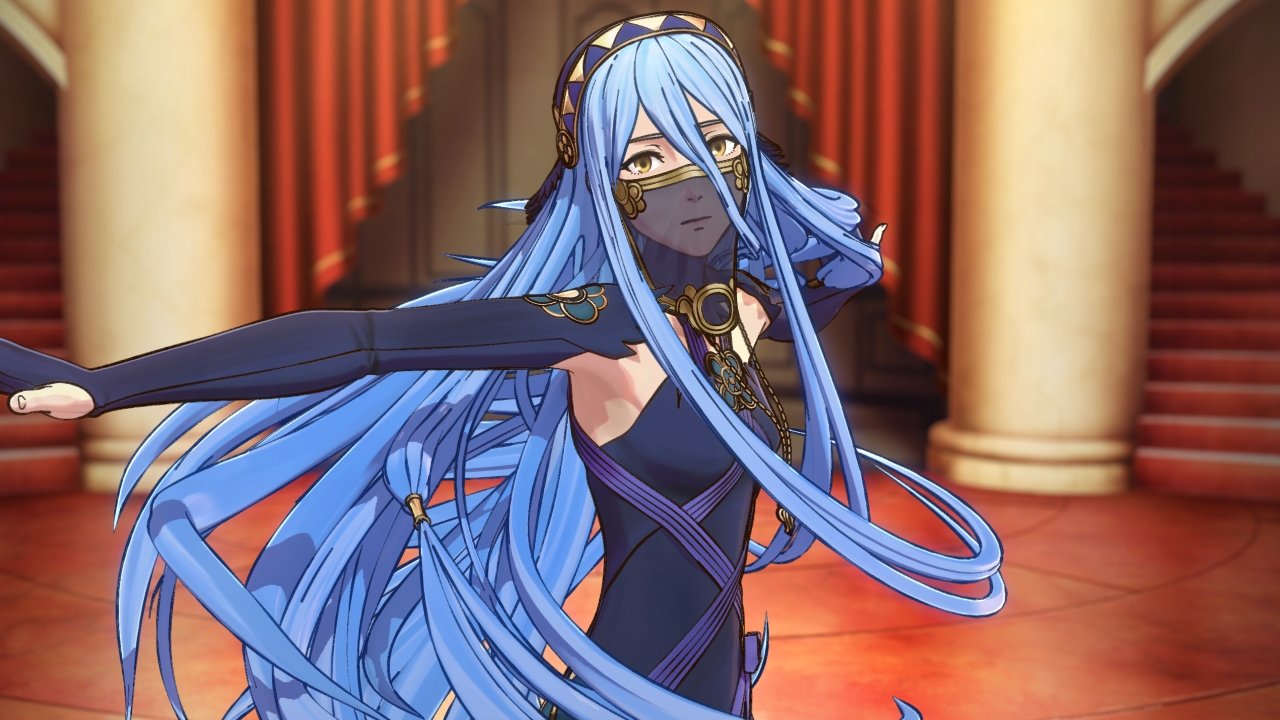
-
fire-emblem-working-title #2
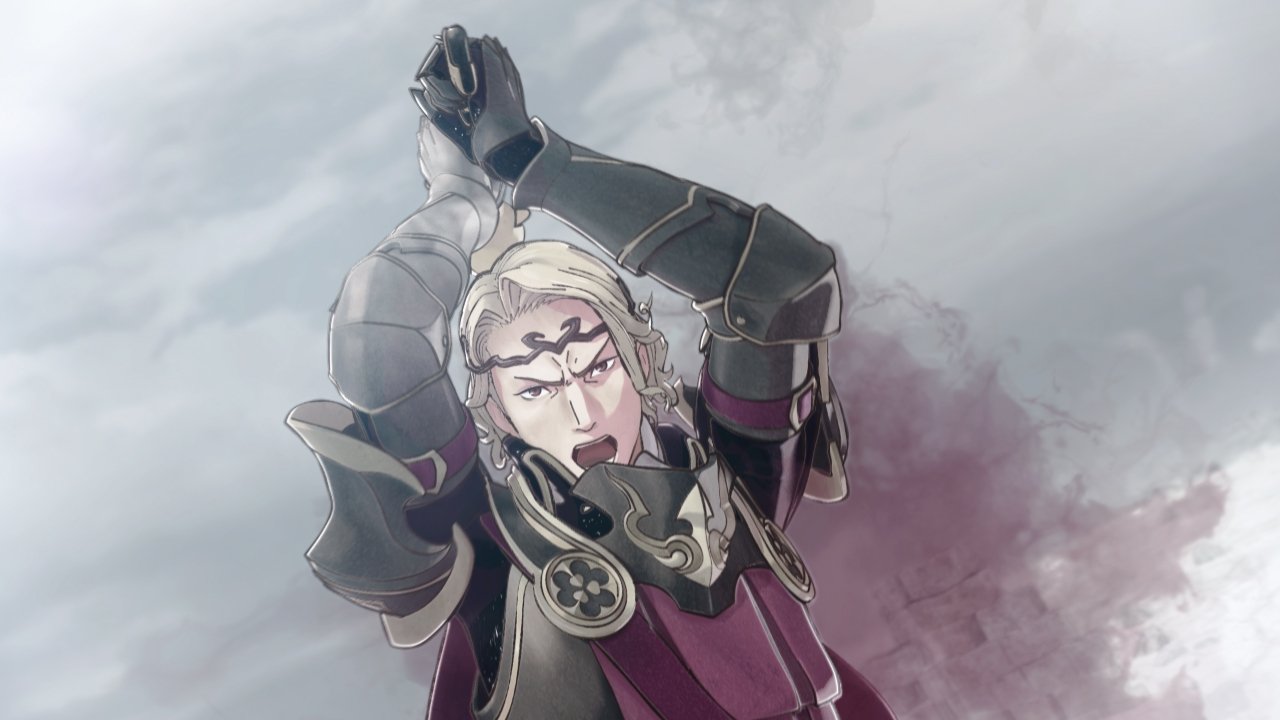
-
fire-emblem-working-title #3
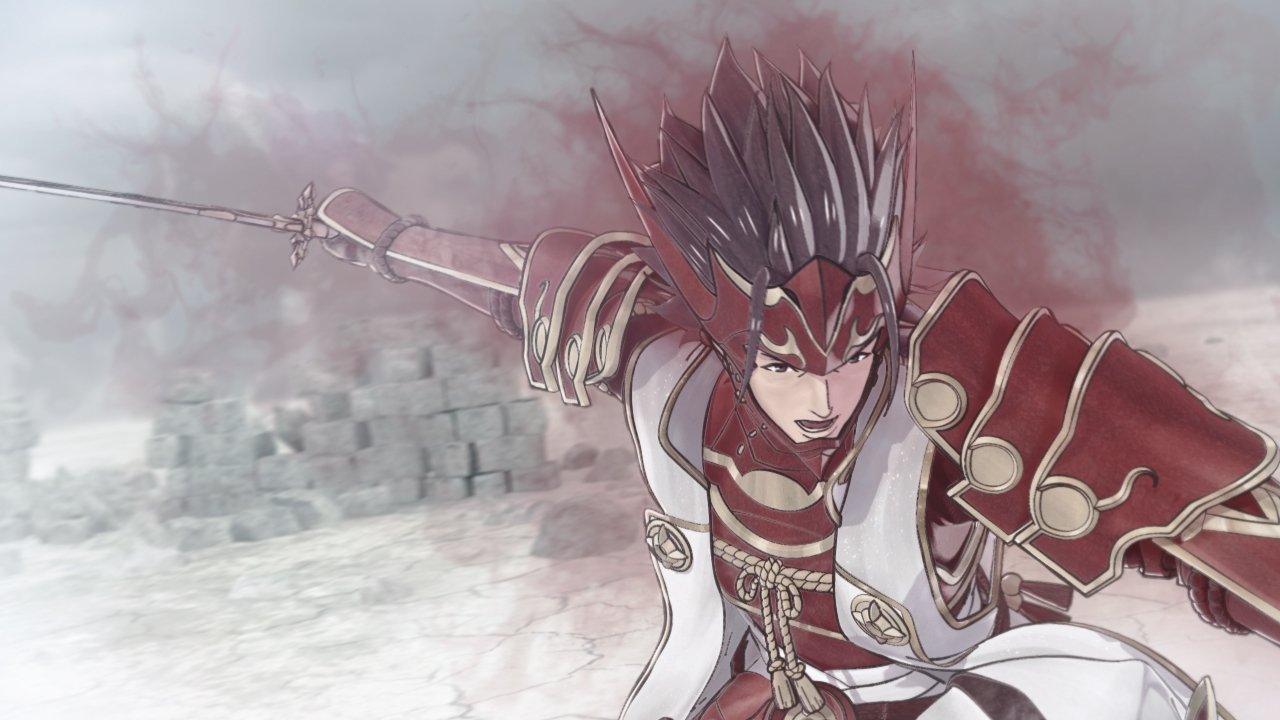
-
fire-emblem-working-title #4
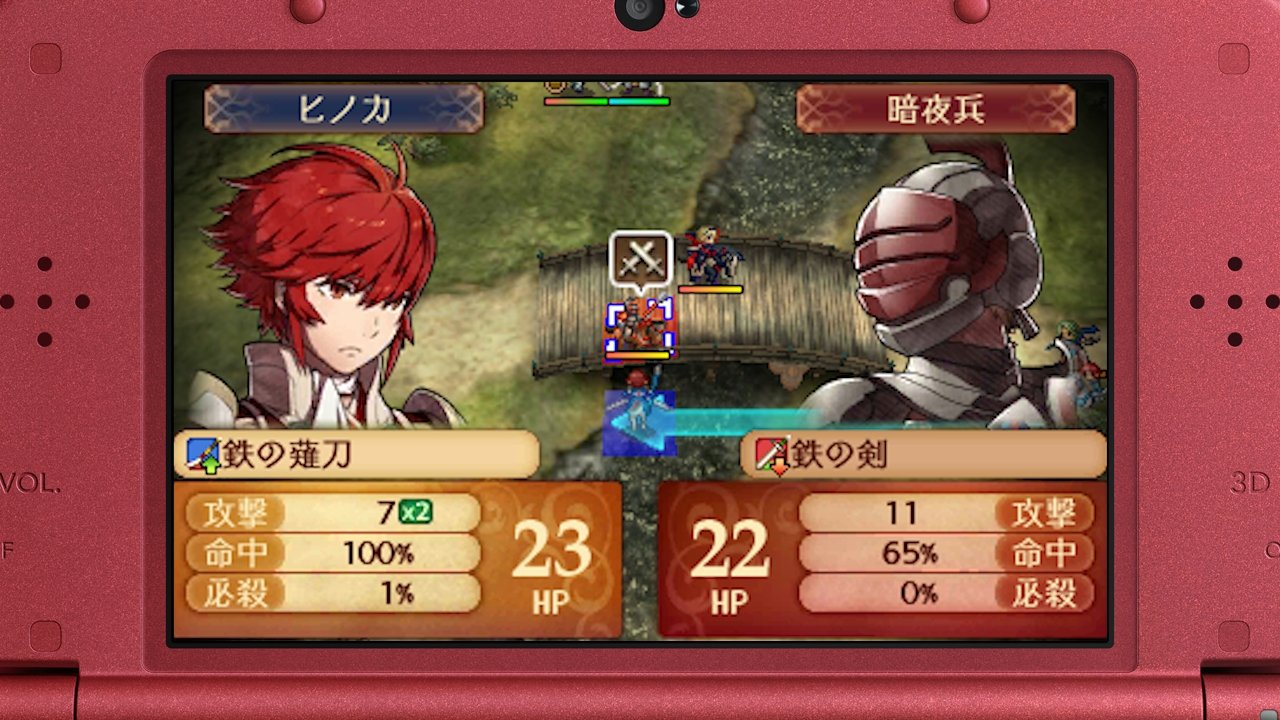
-
fire-emblem-working-title #5
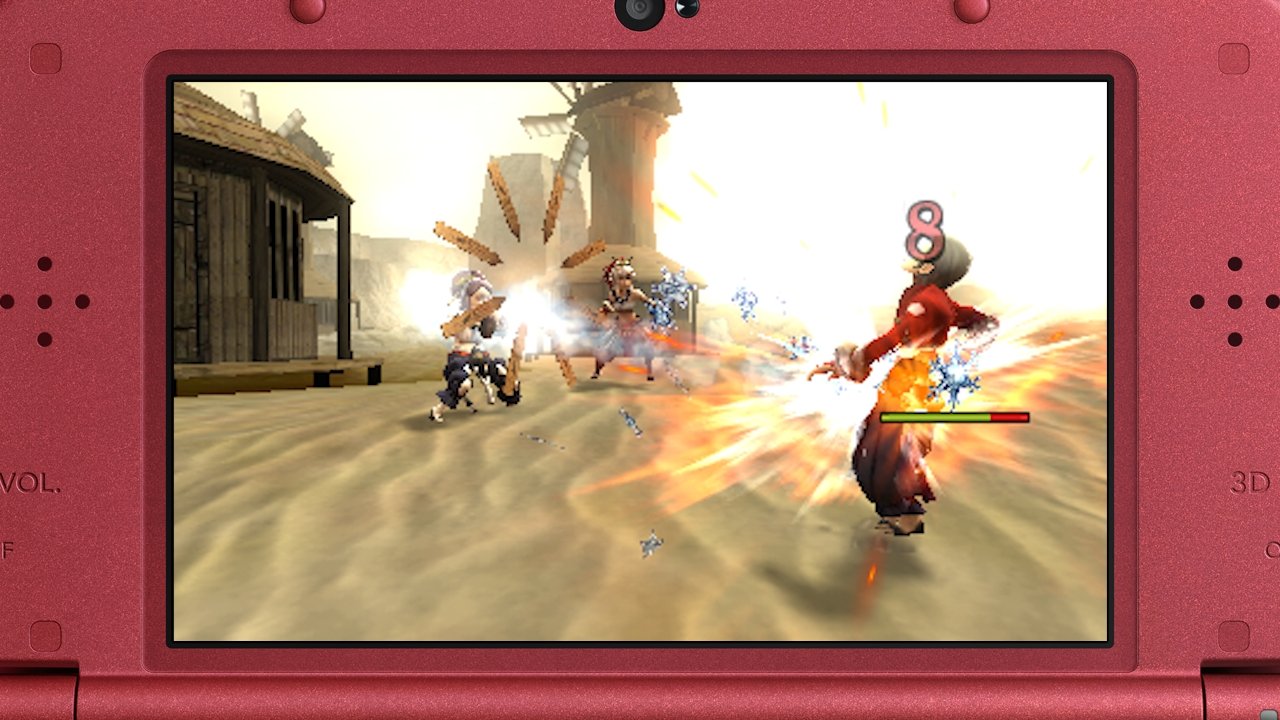
-
fire-emblem-working-title #6
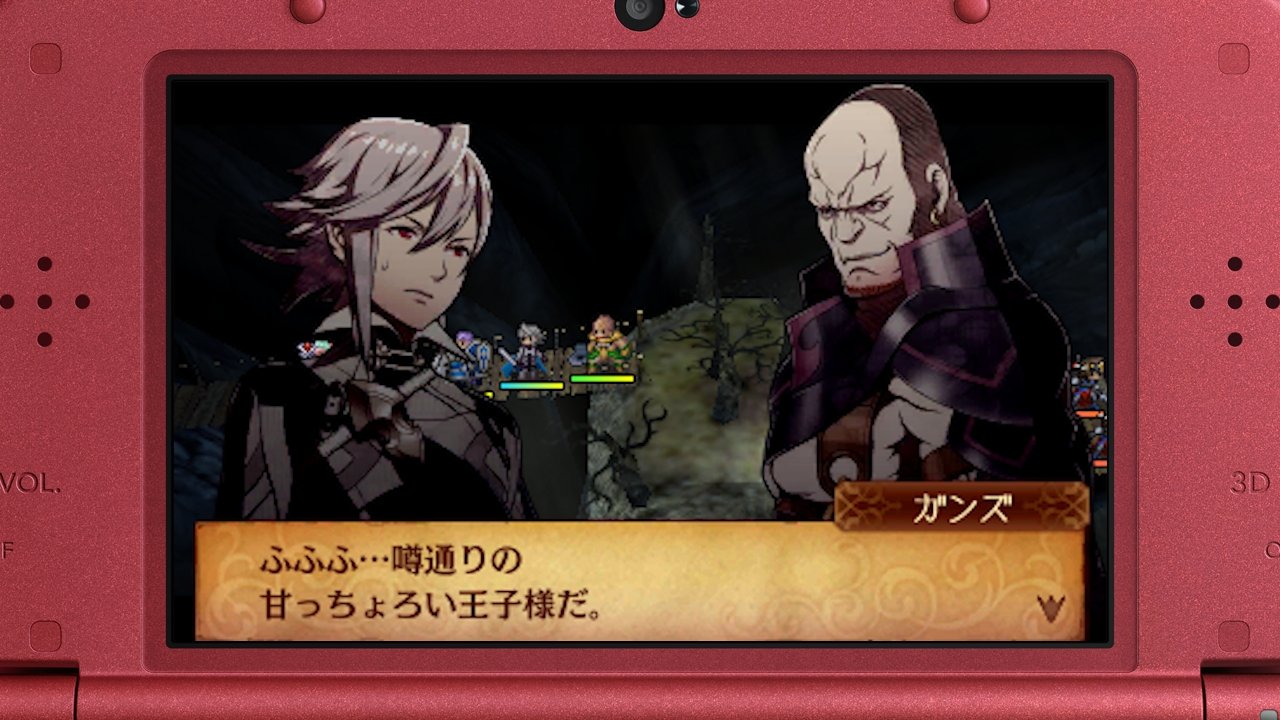
-
fire-emblem-working-title #7
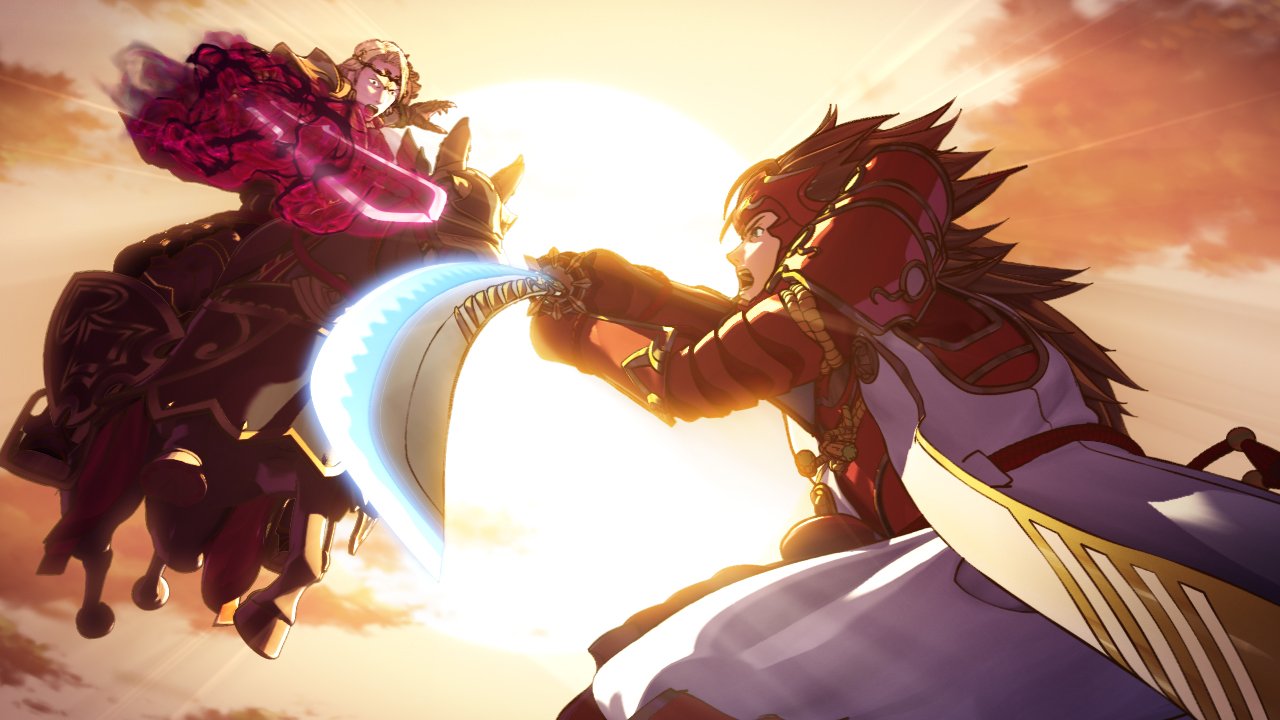
-
fire-emblem-working-title #8
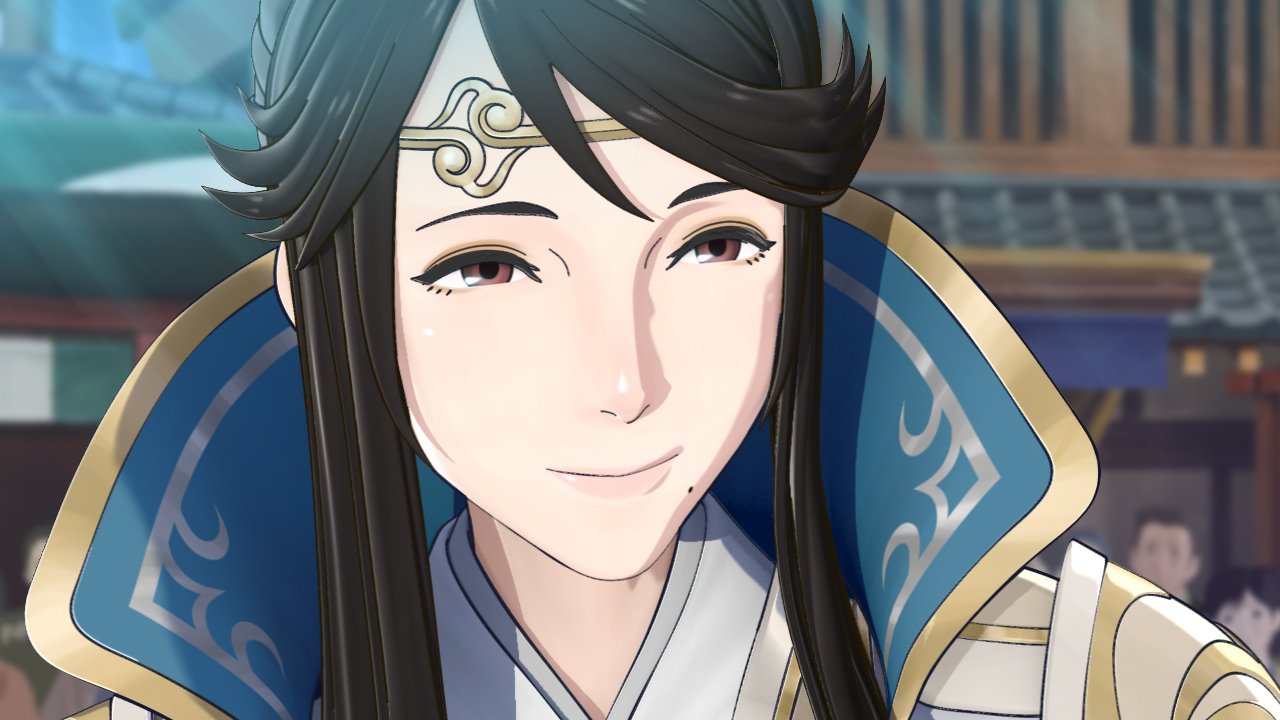
-
fire-emblem-working-title #9
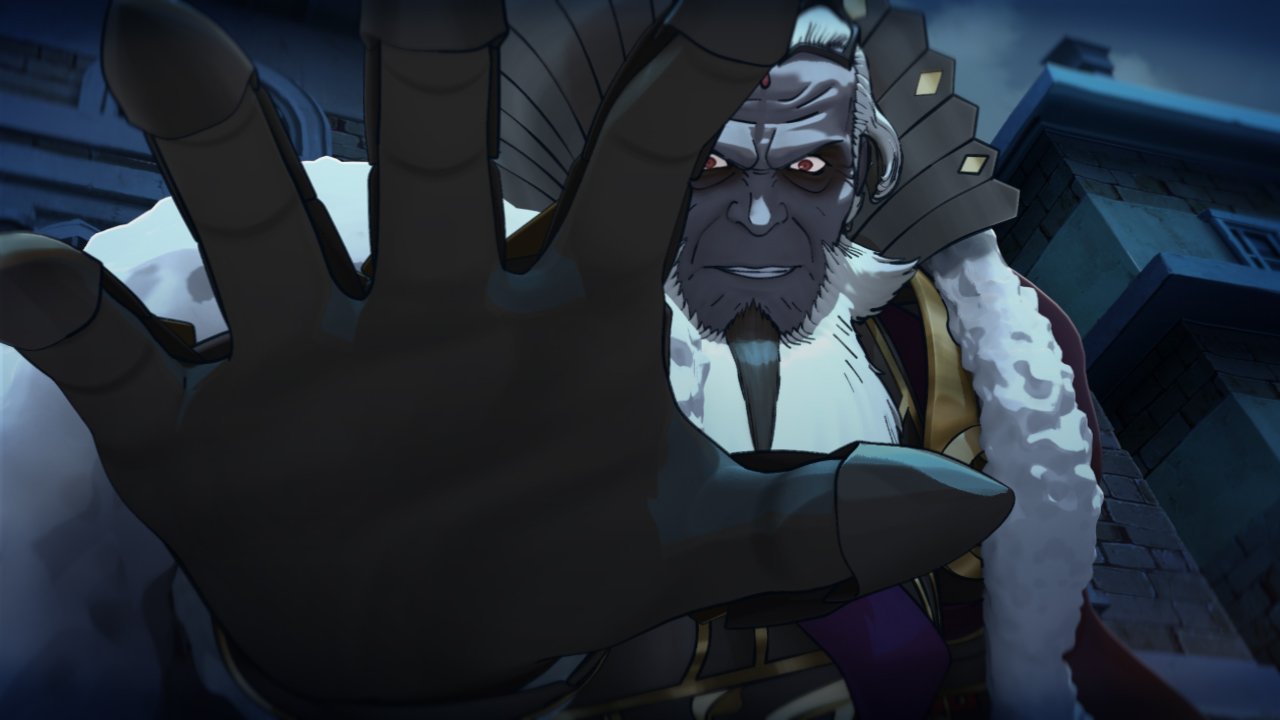
-
fire-emblem-working-title #10
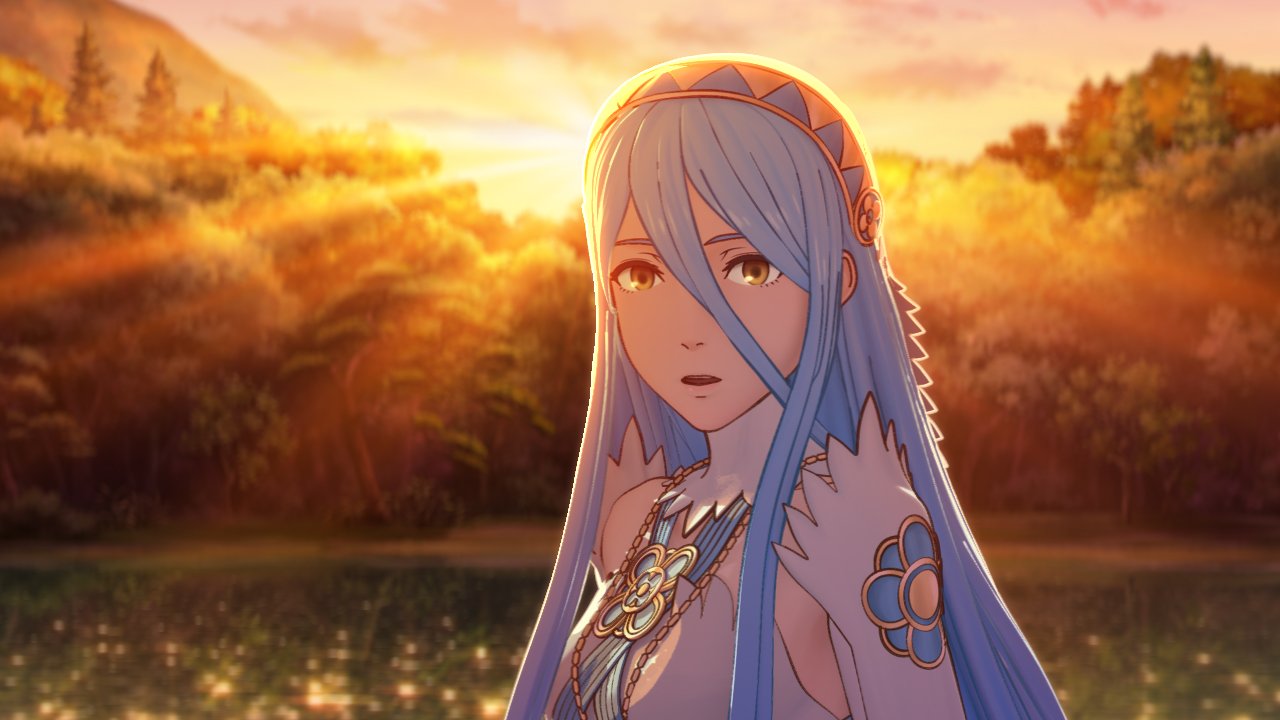
-
fire-emblem-working-title #11
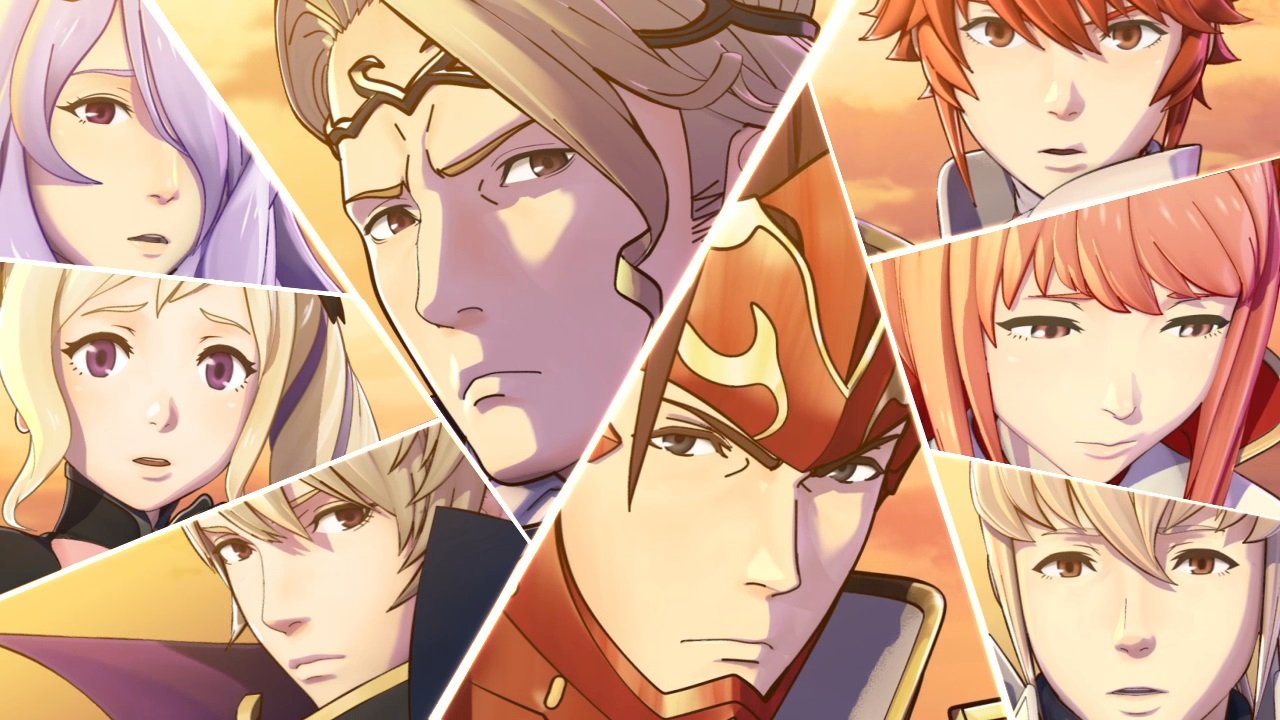
-
fire-emblem-working-title #12
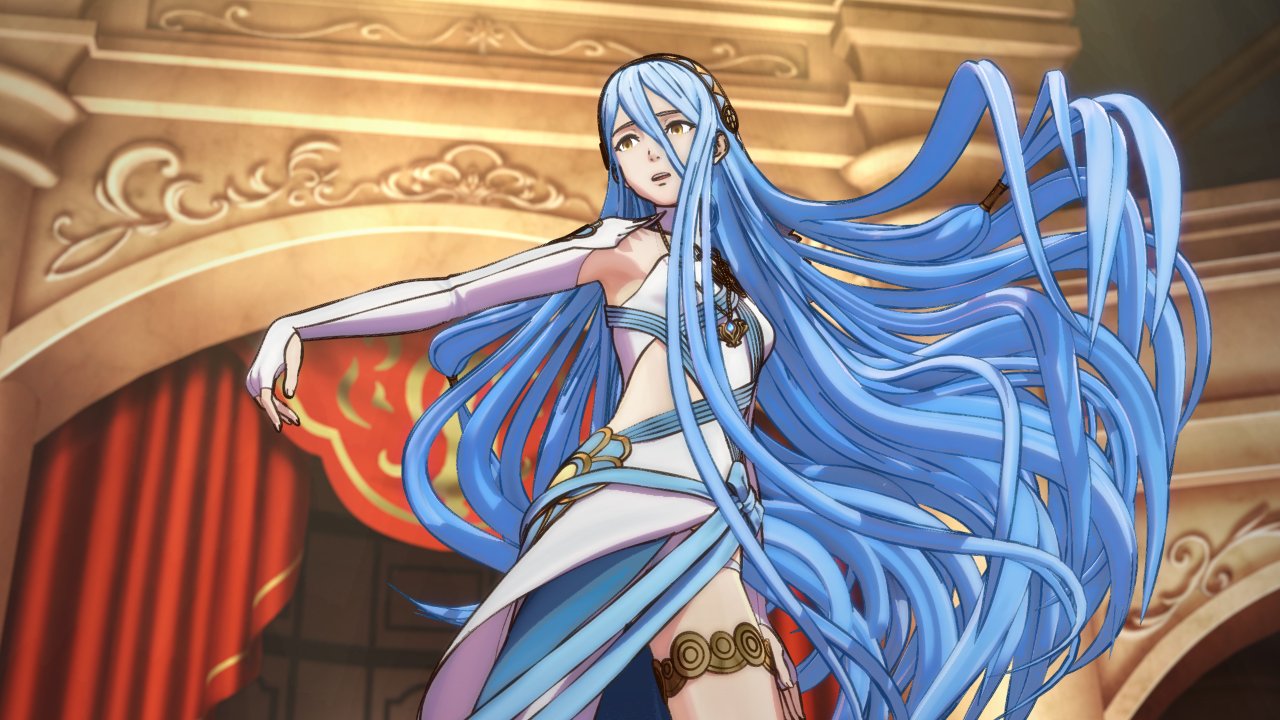
-
fire-emblem-working-title #13
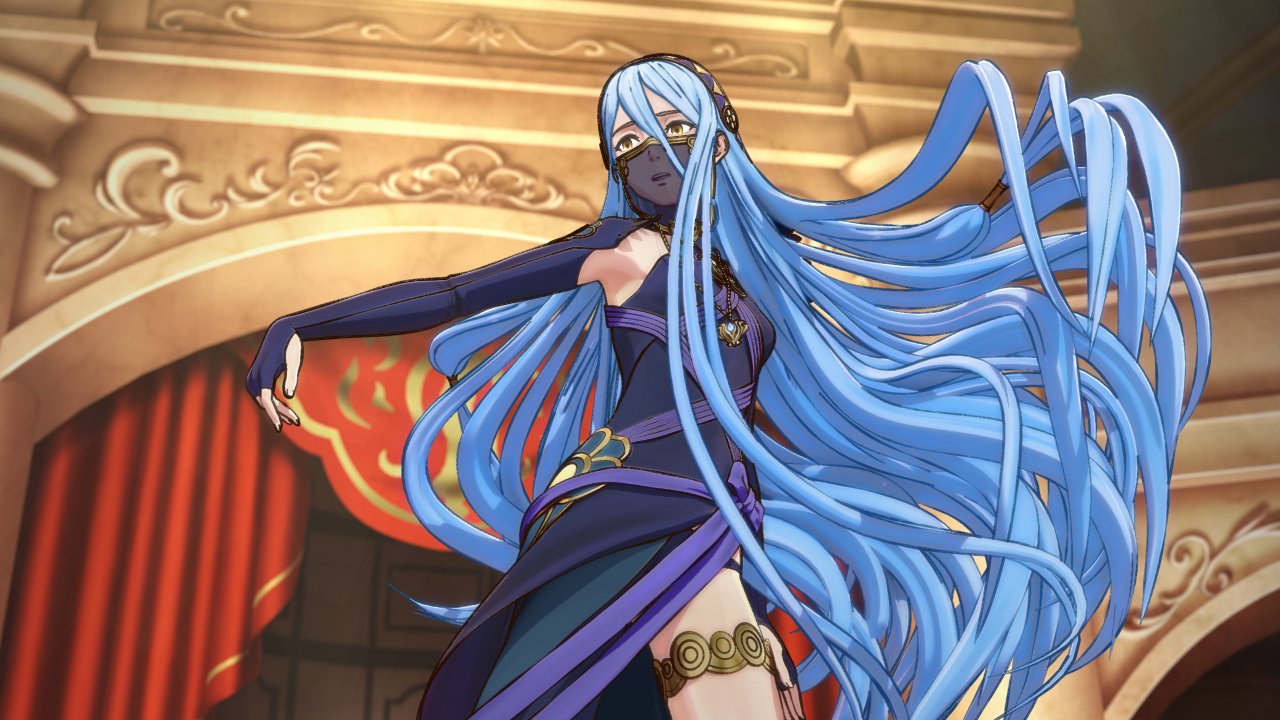
-
fire-emblem-working-title #14
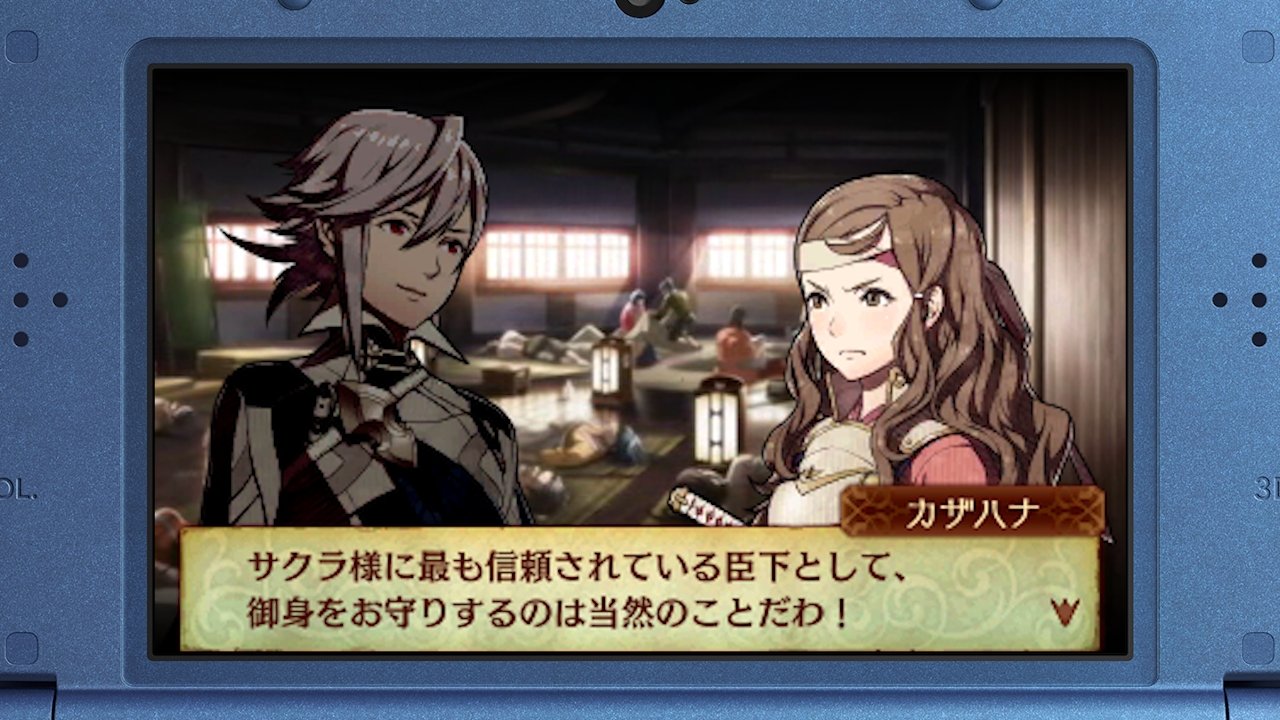
-
fire-emblem-working-title #15
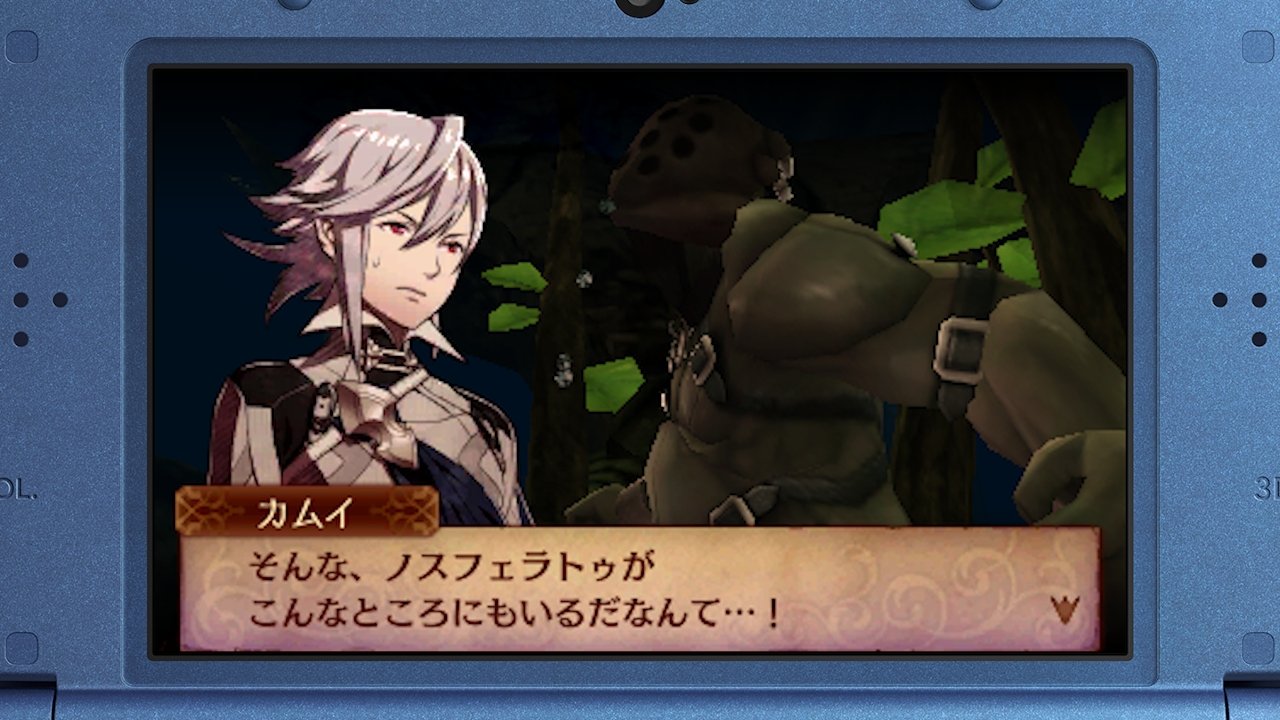
-
fire-emblem-working-title #16
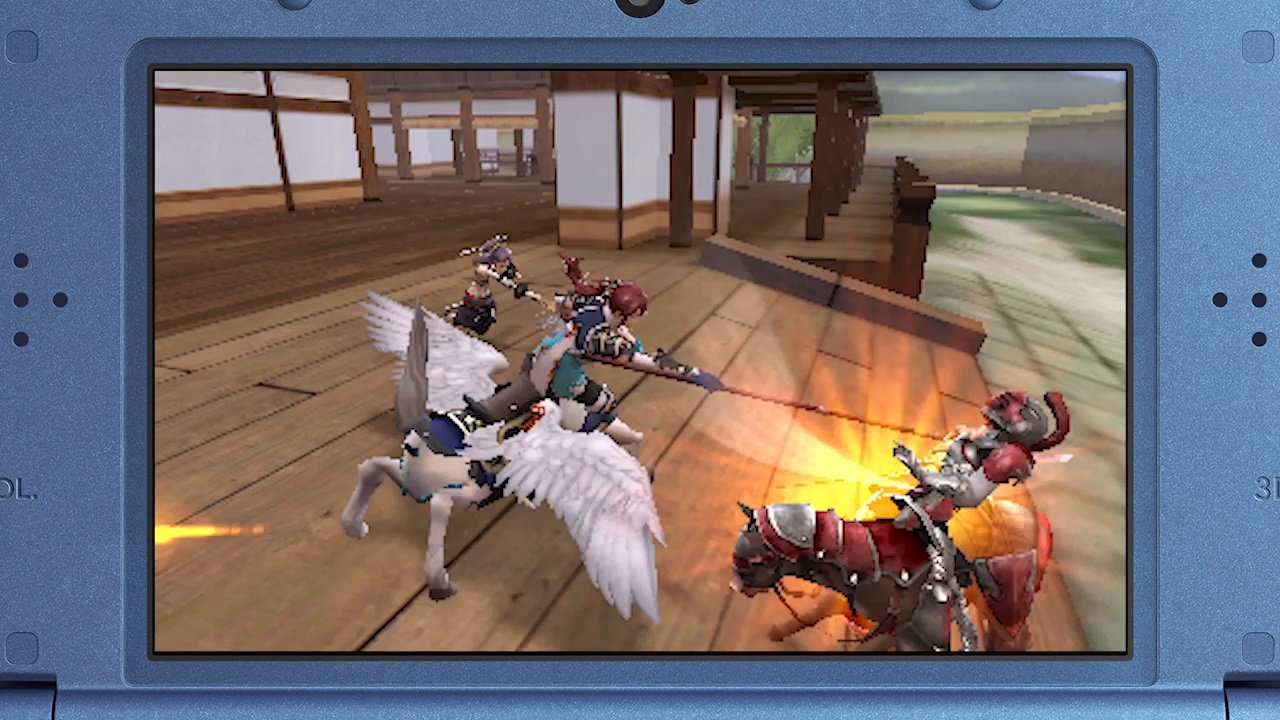
-
fire-emblem-working-title #17
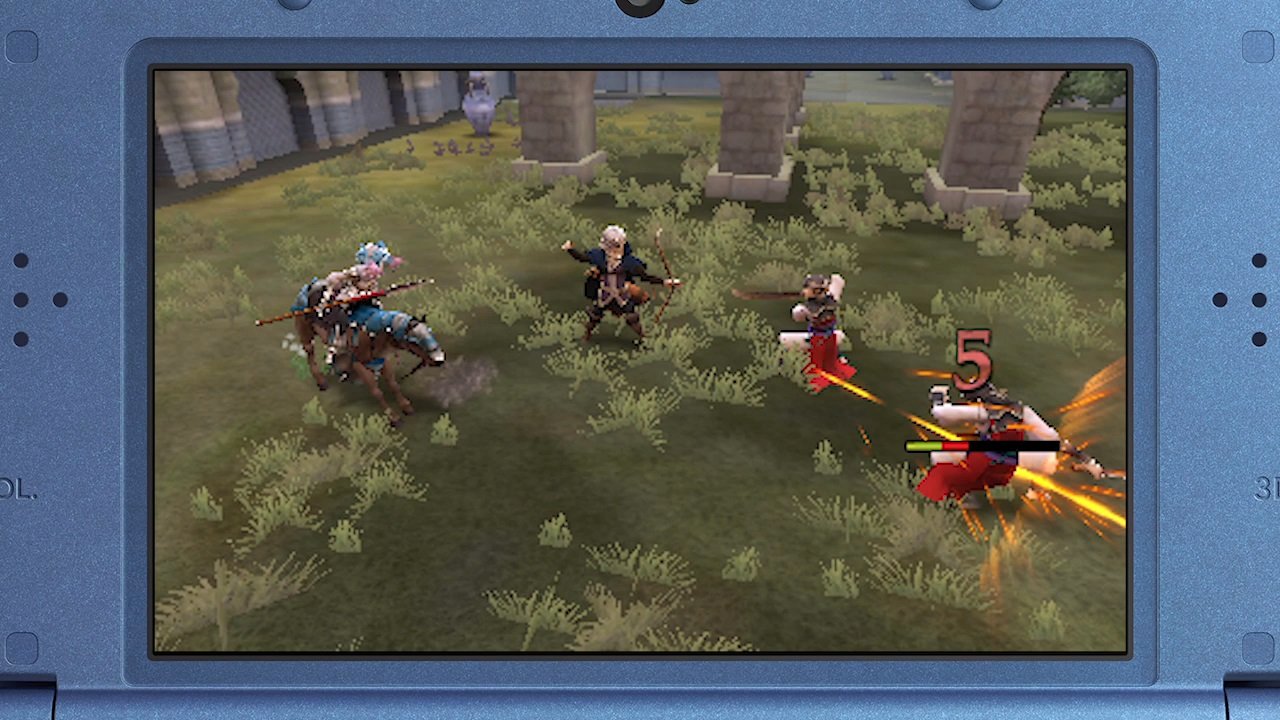
-
fire-emblem-working-title #18
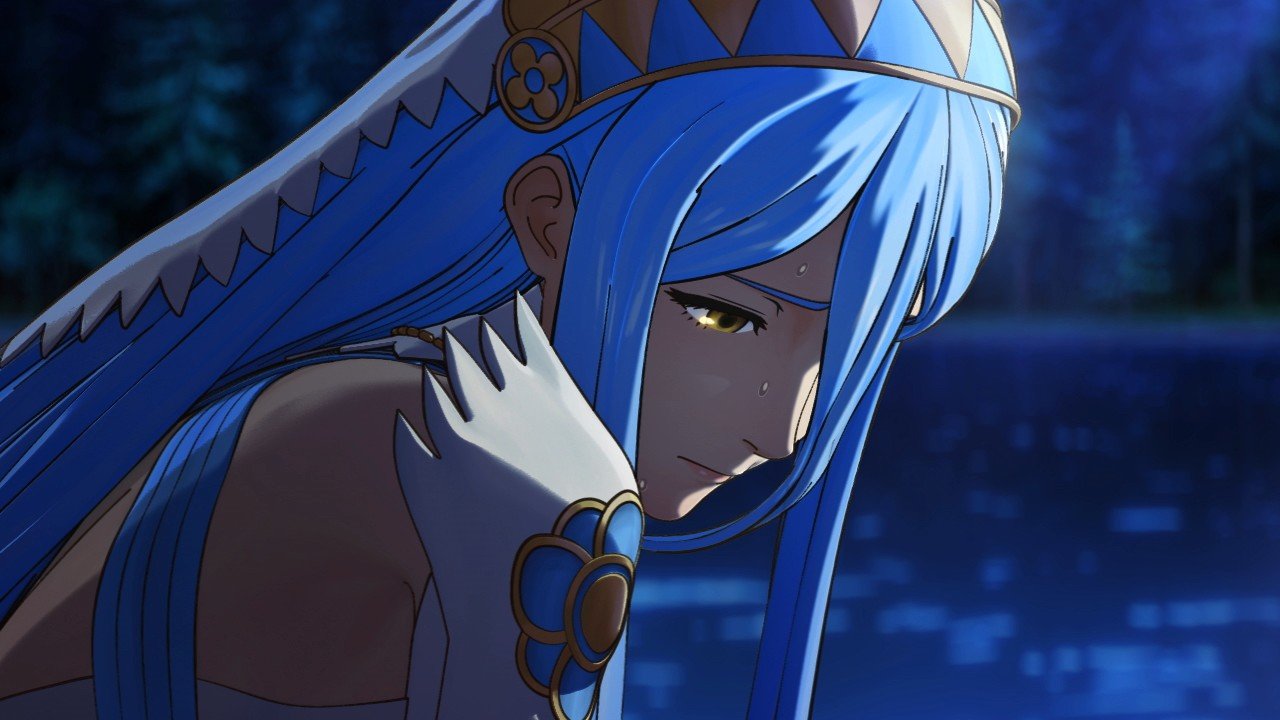
-
fire-emblem-working-title #19
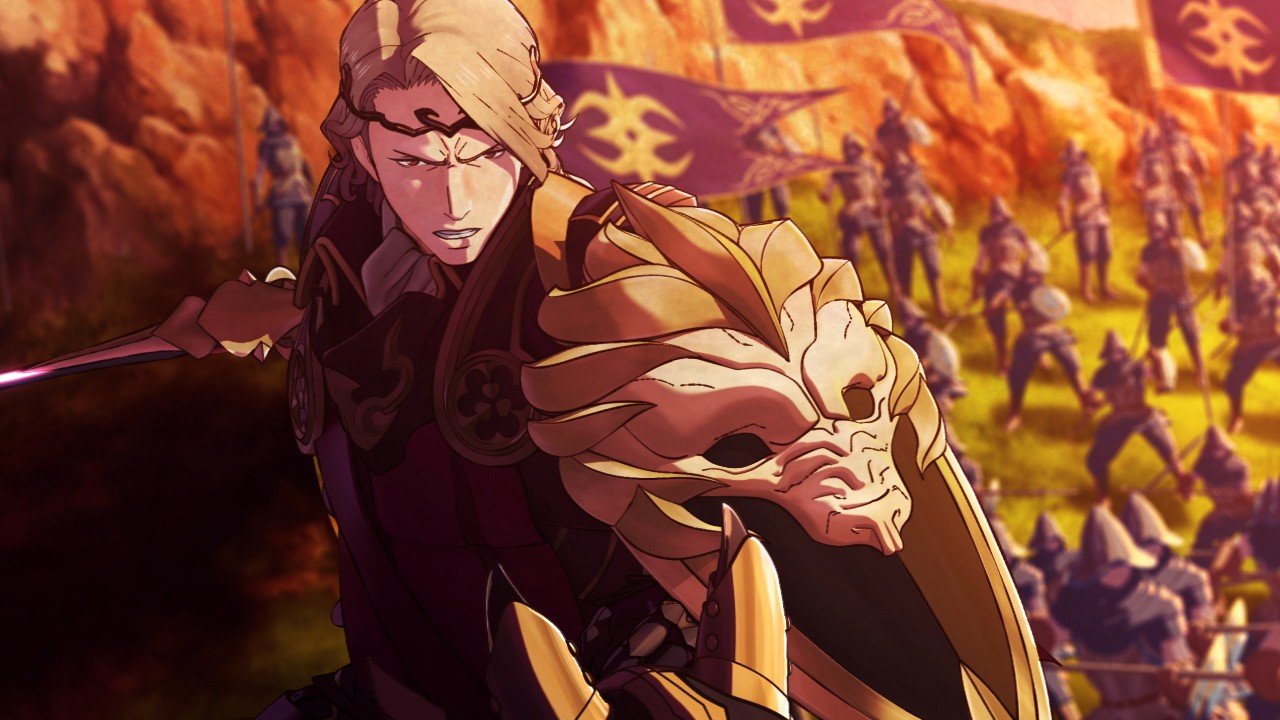
-
fire-emblem-working-title #20
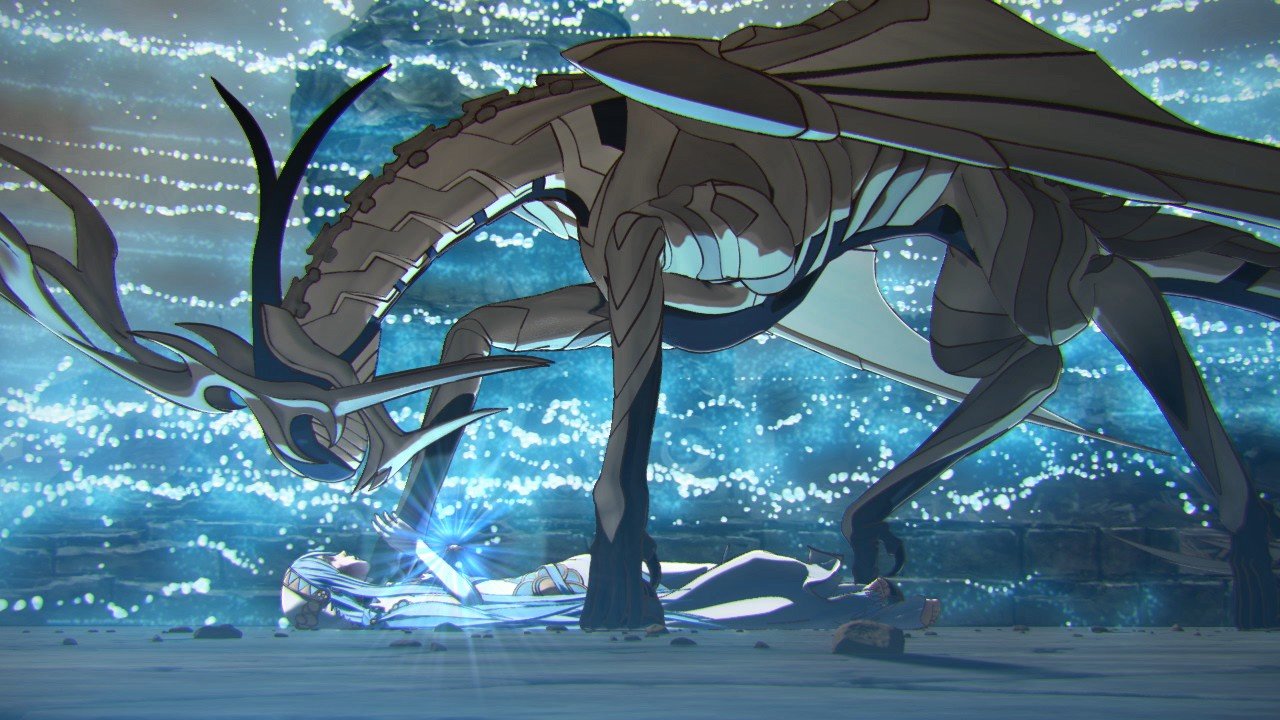
-
fire-emblem-working-title #21
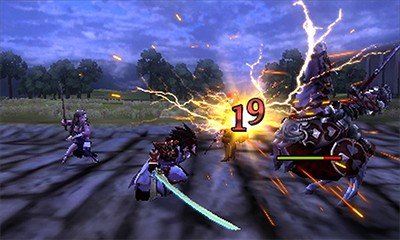
-
fire-emblem-working-title #22
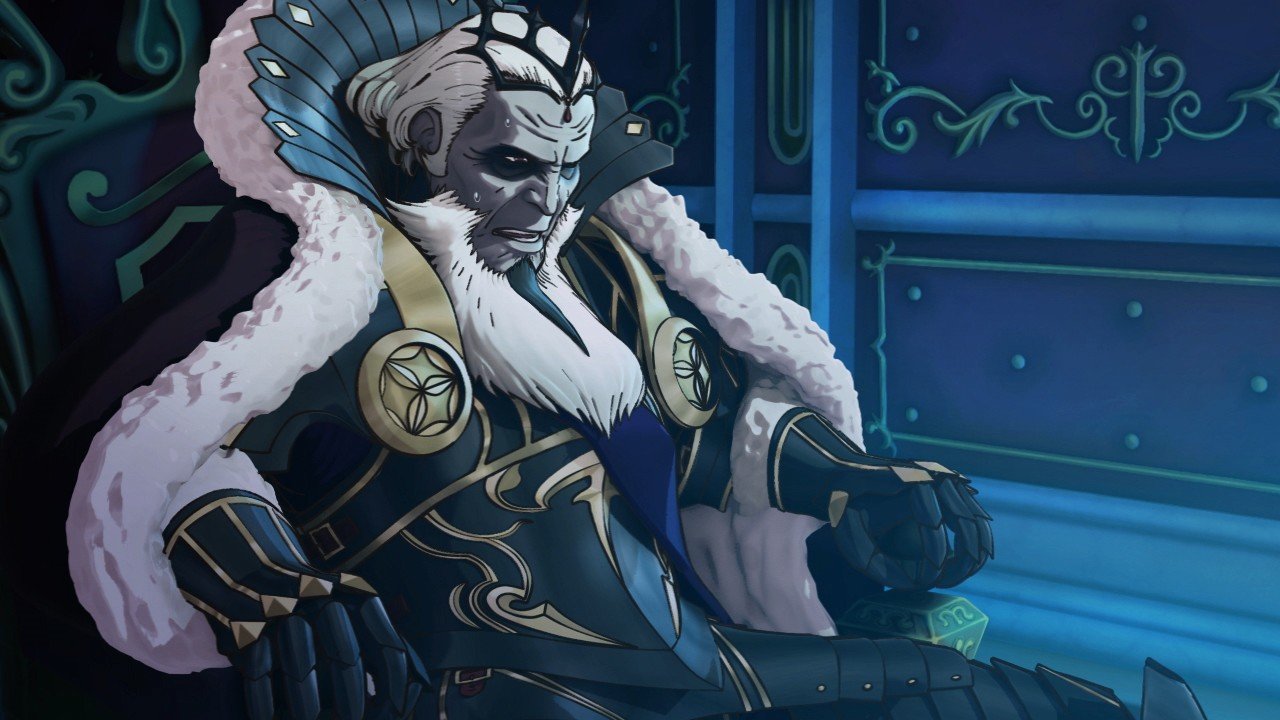
-
fire-emblem-working-title #23
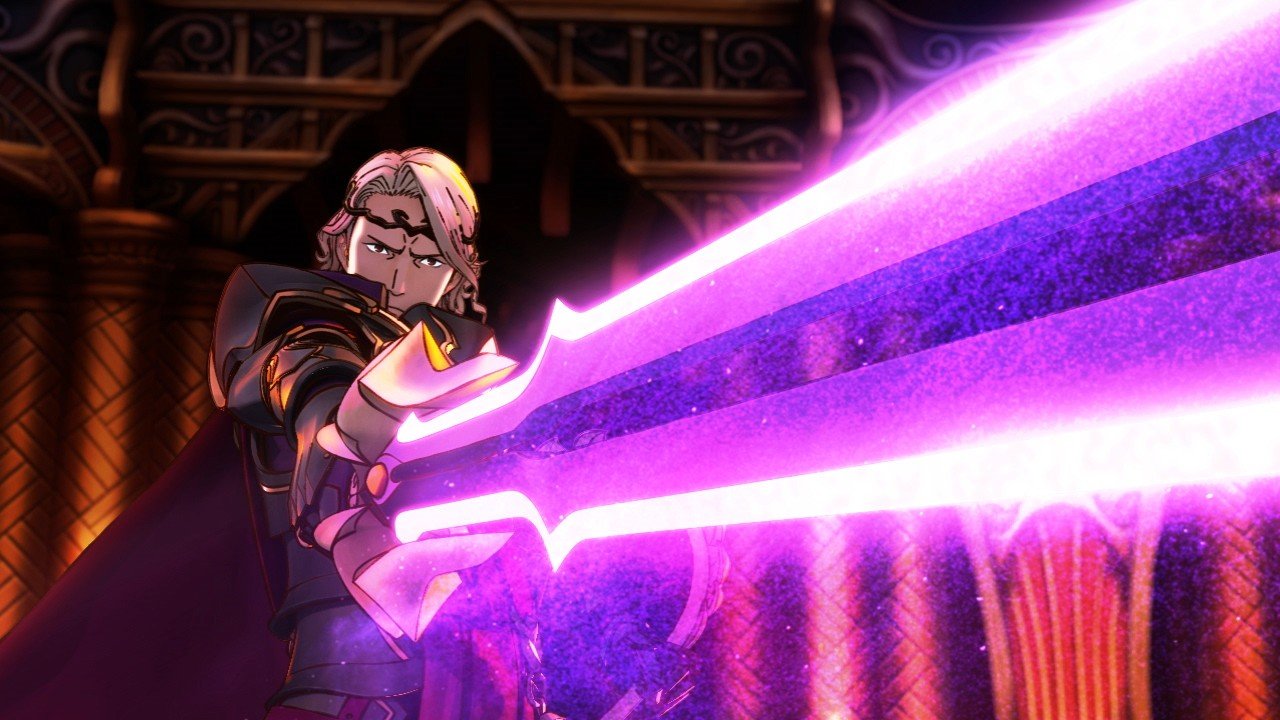
-
fire-emblem-working-title #24
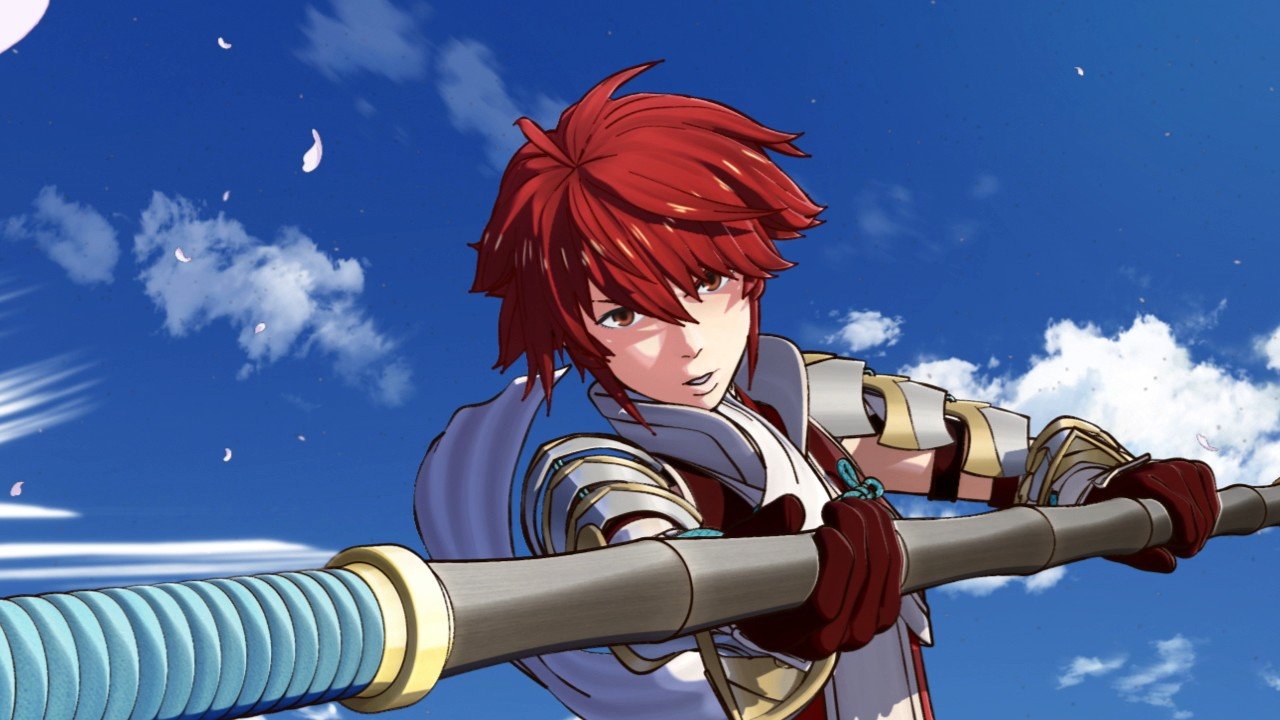
-
fire-emblem-working-title #25
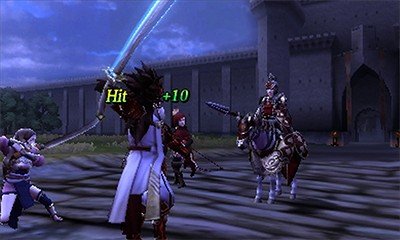
-
fire-emblem-working-title #26
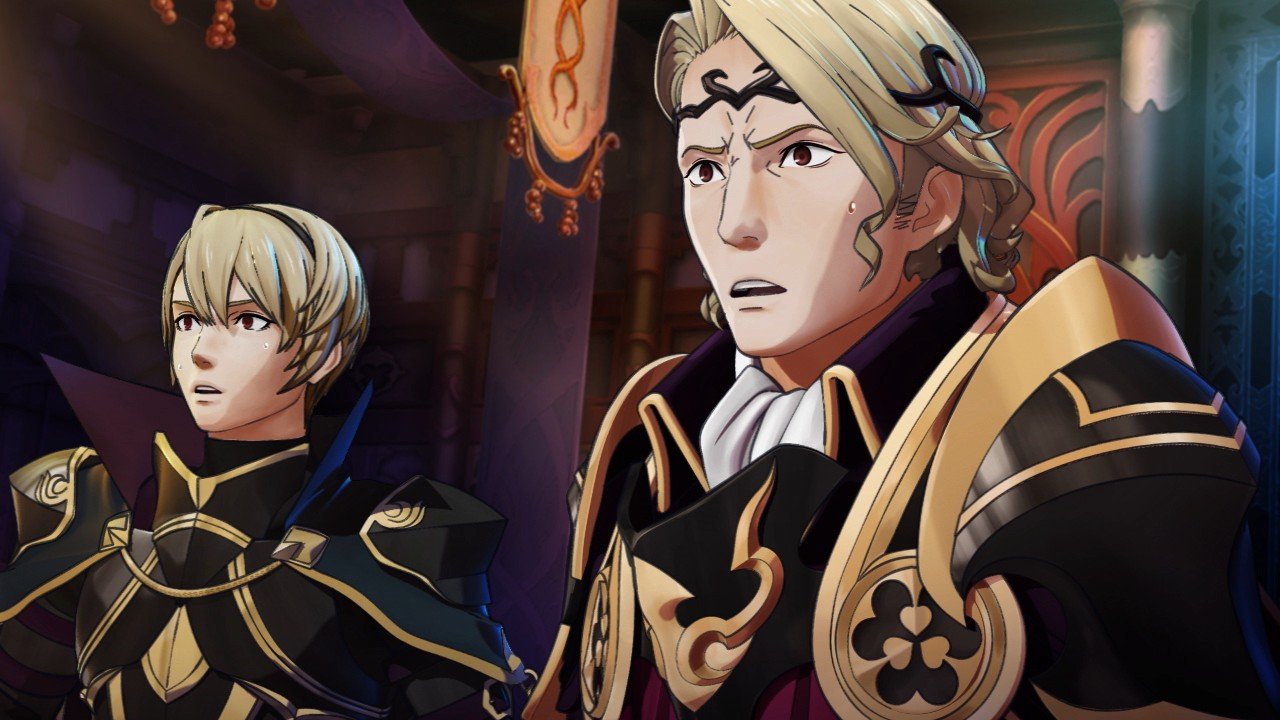
-
fire-emblem-working-title #27
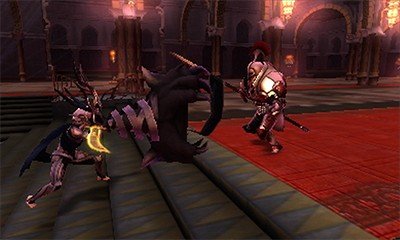
-
fire-emblem-working-title #28
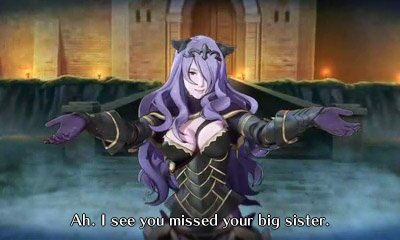
-
fire-emblem-working-title #29
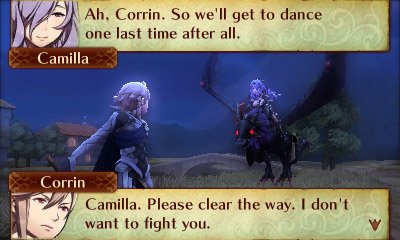
-
fire-emblem-working-title #30
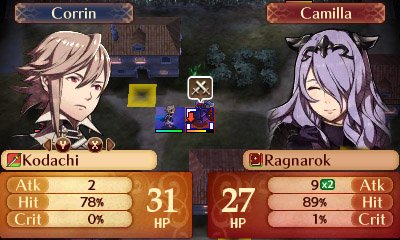
-
fire-emblem-working-title #31
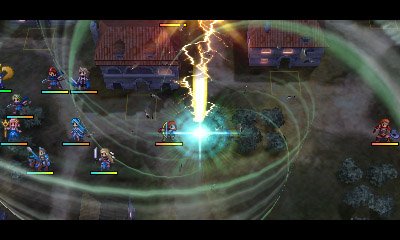
-
fire-emblem-working-title #32
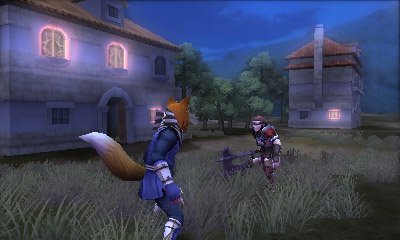
-
fire-emblem-working-title #33
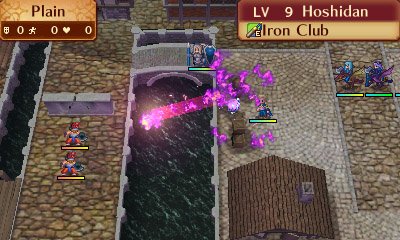
-
fire-emblem-working-title #34
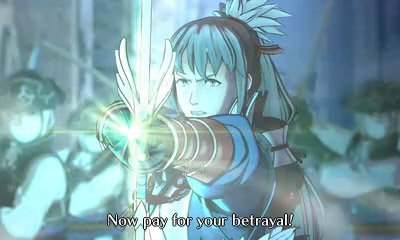
-
fire-emblem-working-title #35
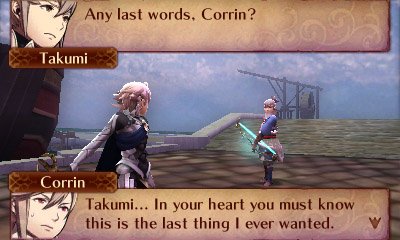
-
fire-emblem-working-title #36
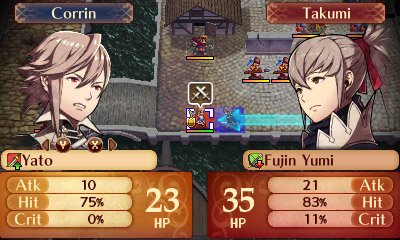
-
fire-emblem-working-title #37
